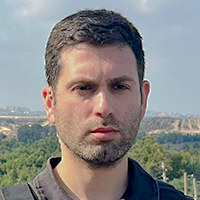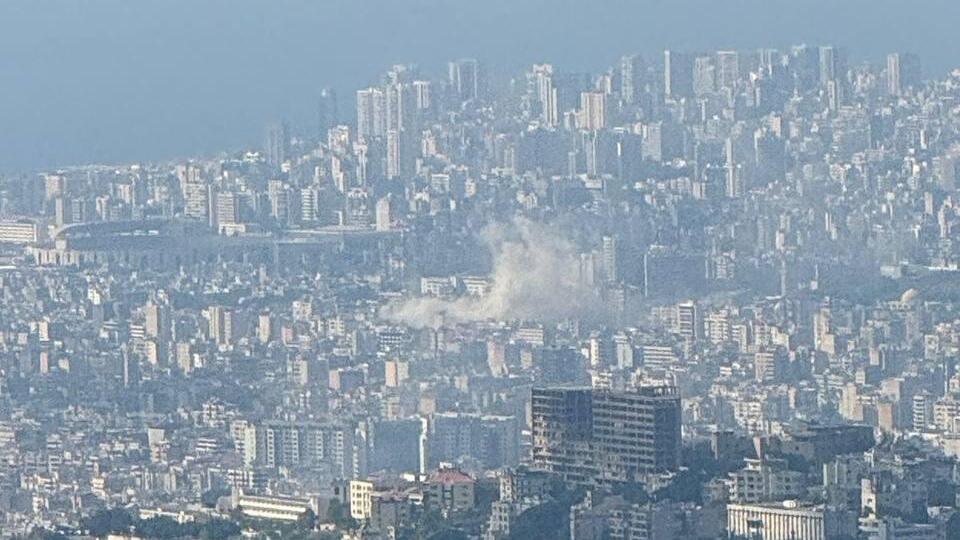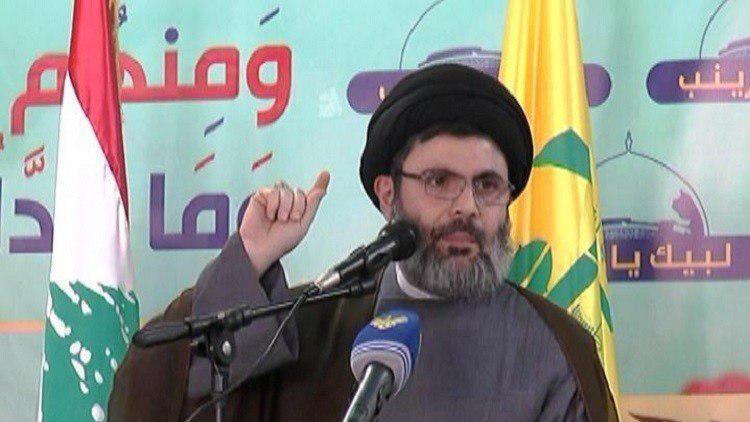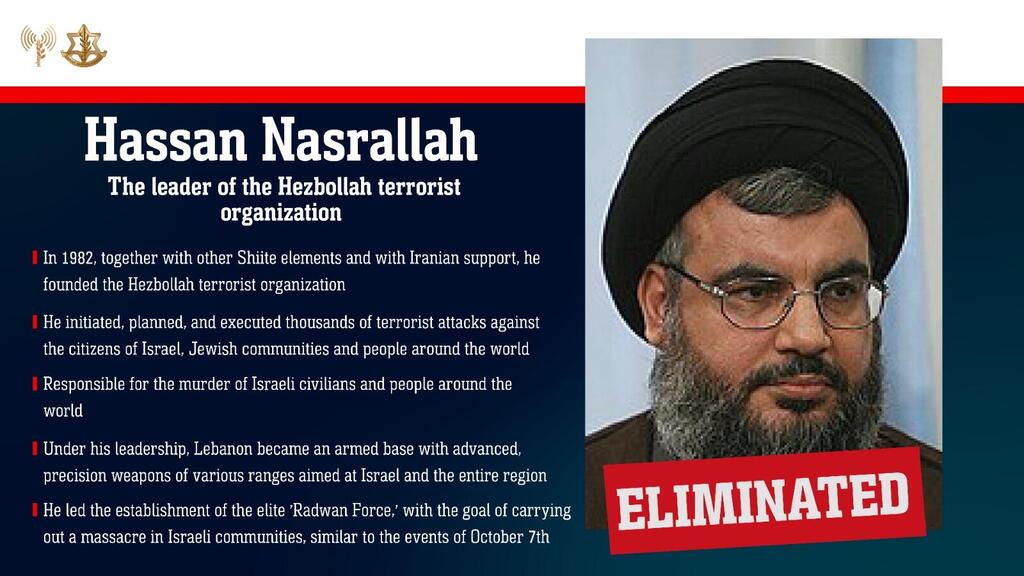Getting your Trinity Audio player ready...
IDF strikes Beirut's Dahieh on Sunday
The IDF resumed airstrikes on Sunday, targeting the Dahieh district in Beirut, a Hezbollah stronghold. The main target of the attack was reportedly the commander of Hezbollah's Unit 1600, a division responsible for developing missile and rocket materials, as well as weapons production. Unit 1600 is also allegedly behind the production and trafficking of the addictive, amphetamine-type stimulant drug Captagon, which funds Hezbollah's global terrorist activities.
The unit's highly restricted bases are located within civilian neighborhoods, with access granted only to those with personal authorization from Hezbollah leader Hassan Nasrallah or his cousin, Hashem Safieddine. Safieddine, seen as Nasrallah's successor, was also reportedly targeted in a separate Israeli strike on Saturday.
In the early hours, another strike was reported in Dahieh, raising tensions as Hezbollah revealed on Sunday the identities of senior commanders who died alongside Nasrallah. Among them was Ali Karaki, third in command and the commander of Hezbollah’s southern front, who had previously survived an Israeli assassination attempt, and Nabil Qaouk, a central council member in charge of internal security.
Hezbollah confirmed that Nasrallah’s body was recovered from the underground command bunker bombed on Friday. While Hezbollah's initial statement did not detail the exact circumstances of his death, sources indicated that Nasrallah had no visible wounds, and the likely cause of death was blunt trauma from the force of the blast.









